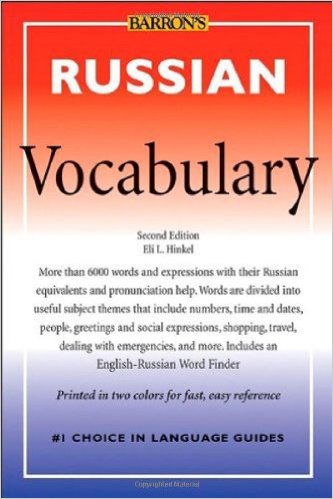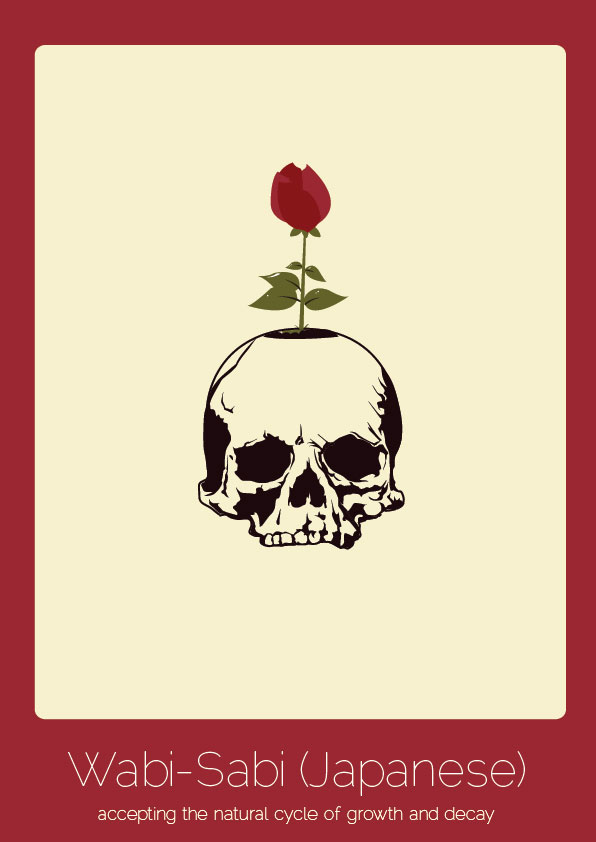Word Definition aam archaic unit of liquid measure ranging from 37 to 41 gallons of wine abampere unit equivalent to 10 amperes abvolt unit of electrical potential equal to one hundred millionth of a volt

Article about Banya, a Russian type of sauna and a kind of steam bath. Russian culture and traditions.
May 16, 2018 · Examples The word inventory may be pronounced with four syllables (/ˈɪn.vən.tɔ.ɹɪ/) or only three (/ɪnˈvɛn.tɹɪ/). The word island is six letters long; the s has never been pronounced but was added under the influence of isle.




Image Source: http://static.guim.co.uk. The above containers are not all equal, but they are “Equivalent”. They are “equivalent”, because they all contain milk !

Mar 01, 2012 · Swearing can be a lot of fun! It can also be dangerous, so you have got to be careful! The Russian language is perfect for swearing. All you have to do is get confident, and get ready to make some people angry!

The Russian alphabet is easy to learn! Learning the alphabet is the first step to learning the Russian language. Even if you don’t plan to learn the language, knowing the alphabet is great for travelling because you can read all the street and shop signs.

“Say cheese” is an instruction used by photographers who want their subject or subjects to smile.By saying “cheese”, most people form their mouths into what appears to be a …


Pogrom definition, an organized massacre, especially of Jews. See more.
“Toska” in Russian conveys a deep, spiritual sadness for no reason. blue_paper_cranium In many languages, a single word describes a concept that might require an entire phrase in English.
In linguistics, cognates are words that have a common etymological origin. For example, the English word dish and the German word Tisch (“table”), are cognates because they both come from Latin discus, which relates to their flat surfaces.